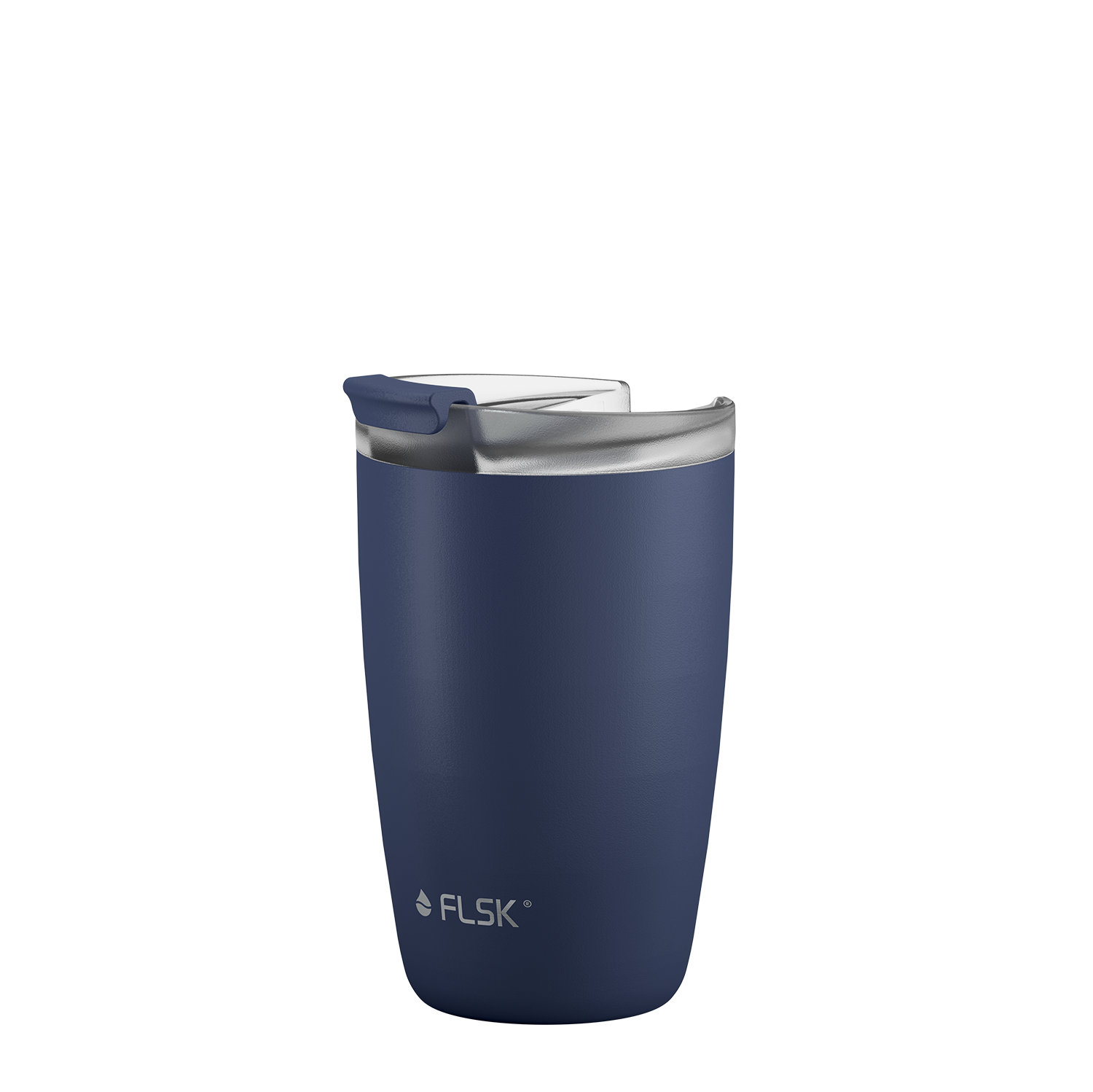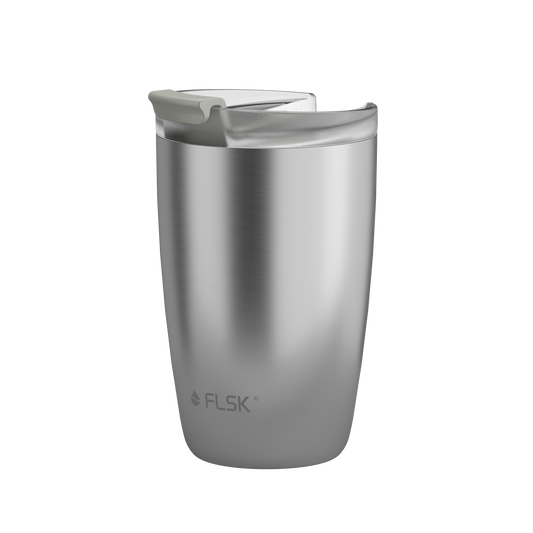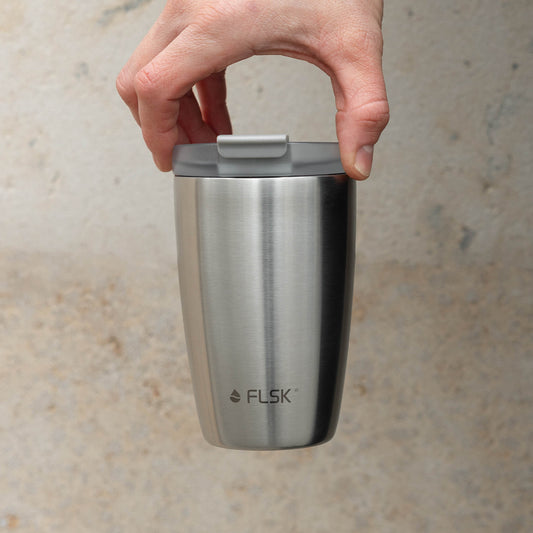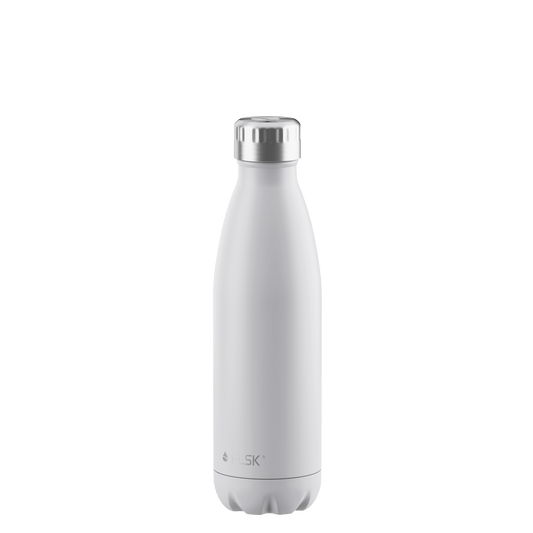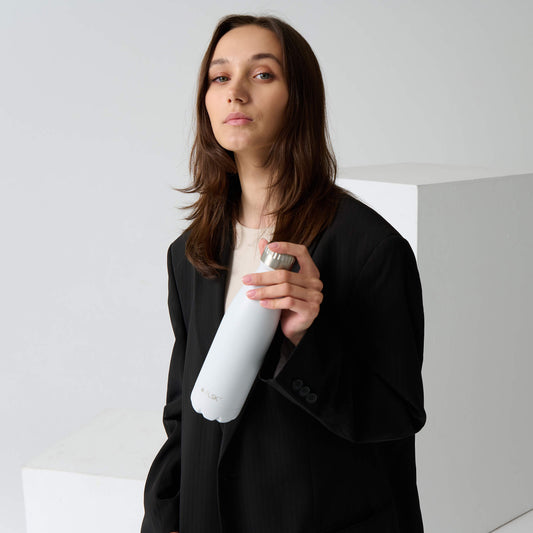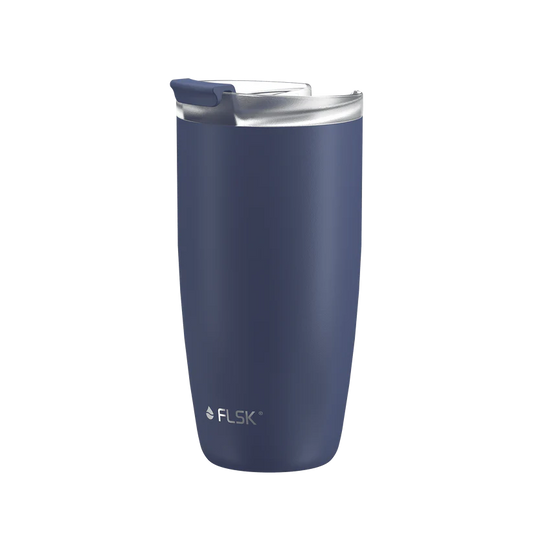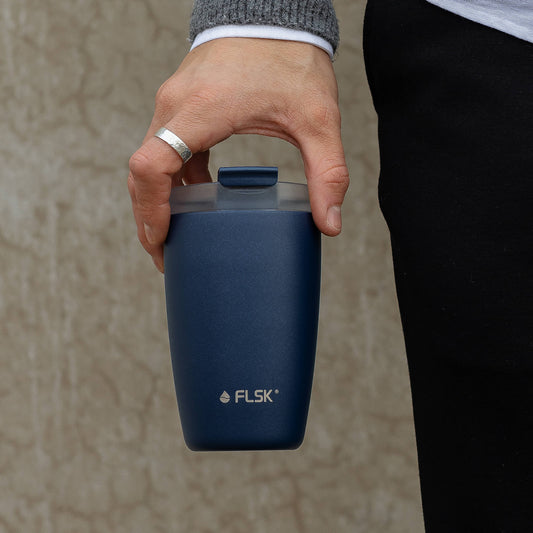Sustainable coffee? Tell us more!
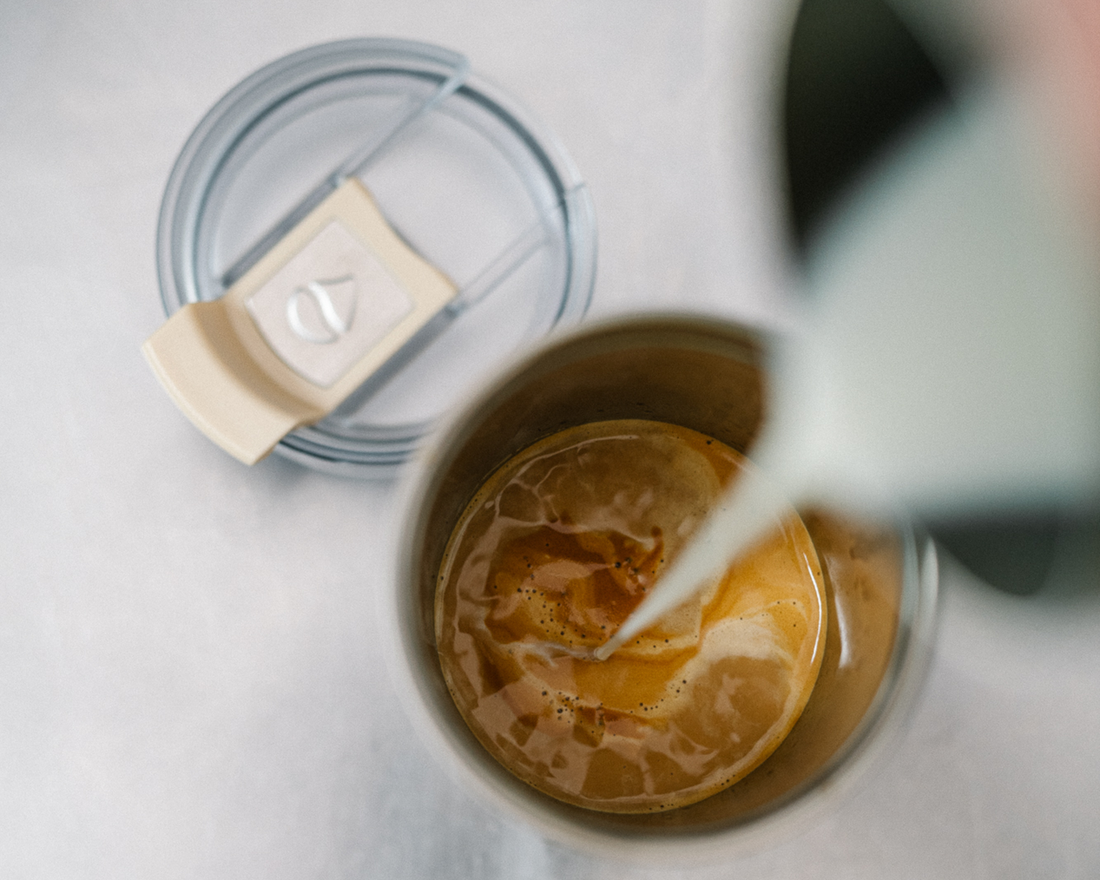
Whether it's a latte in the morning, an espresso after dinner, or the 1-litre pot of filter coffee in the office - coffee is simply a part of life for many of us. We love the black beans so much that we Germans even consume more coffee than mineral water! But how much do you actually know about the environmental impact of coffee? We show you how you can enjoy your coffee sustainably and with a good feeling.
The dark side of coffee
Environmentally conscious coffee lovers need to be strong now, because here are a few hard facts:
- It takes 140 litres of water to produce the beans for a single cup of coffee.
- Rainforests are cleared for coffee cultivation, which are irreplaceable as a valuable habitat for many animal and plant species.
- The world demands large quantities of coffee. To ensure a high yield, harmful pesticides and fertilisers are used.
- Coffee is a billion-dollar business. But the people who grow, pick, process and package the beans often receive only a small amount of money.
No matter how you look at it: Conventional coffee pollutes the environment and is often produced under unfair conditions.
Does that mean you have to completely give up your daily dose of happiness? No, because there are alternatives that do a lot better in terms of protecting people and the environment.
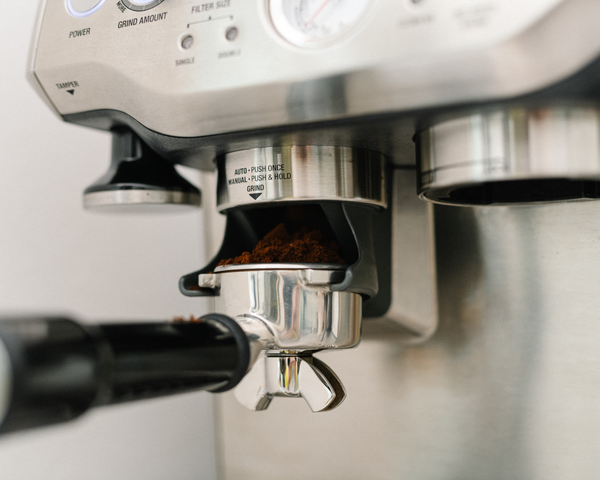
Sustainable coffee consumption begins with the purchase.
All right, you might be thinking, I'm ready to switch to sustainably and fairly produced beans. But how can I identify them when I'm standing in front of the coffee shelf in the supermarket? Our tip: Use approved labels as a guide when shopping.
- European Organic Seal: Indicates coffee that has been grown organically. This means, among other things, no genetic engineering and no chemical pesticides.
- Fair Trade Seal: This is coffee for which the coffee farmers and workers along the supply chain have been paid fairly and at cost. It also supports social projects.
- UTZ Certified: Certifies the sustainable origin of coffee beans and guarantees compliance with certain minimum standards, such as the prohibition of child labour and rainforest clearing.
- Rainforest Alliance: Promotes the preservation of ecosystems in the countries of origin, e.g. by limiting the use of chemical fertilisers. ● 4C-Compliant Coffee: Labels products from manufacturers who follow a basic code of values on social issues and environmental protection.
Did you know that in 2020, a total of around 24,164 tonnes of Fairtrade coffee crossed the counter in Germany? What sounds like a lot is actually less than 5% market share. Expandable!
Drinking coffee and protecting the environment? With our help, you can do both:
- Choose coffee from small, local roasters: Here you get class instead of mass. The operators usually pay a lot of attention to the sustainable origin of their coffee and are happy to inform you about it.
- Filter, capsule, pad - also pay attention to the coffee production: the material capsules or pads are made of is usually not recyclable and resource-intensive in production. We recommend French press or filter coffee.
- Take coffee with you: Avoid paper cups, which end up in the trash after a short time. Instead, use your own to-go cup, e.g. our award-winning CUP. Not only does it look better, it's also better for the environment.
- Engraveable.
FLSK coffee cup
Regular price
From
39,00 €
Regular price
From
39,00 €
Sale price
39,00 €
350 ml · stainless - all natural
- Engraveable.
FLSK drinking bottle
Regular price
From
39,00 €
Regular price
From
39,00 €
Sale price
39,00 €
500 ml · white
- Engraveable.
FLSK coffee cup
Regular price
From
39,00 €
Regular price
From
39,00 €
Sale price
39,00 €
